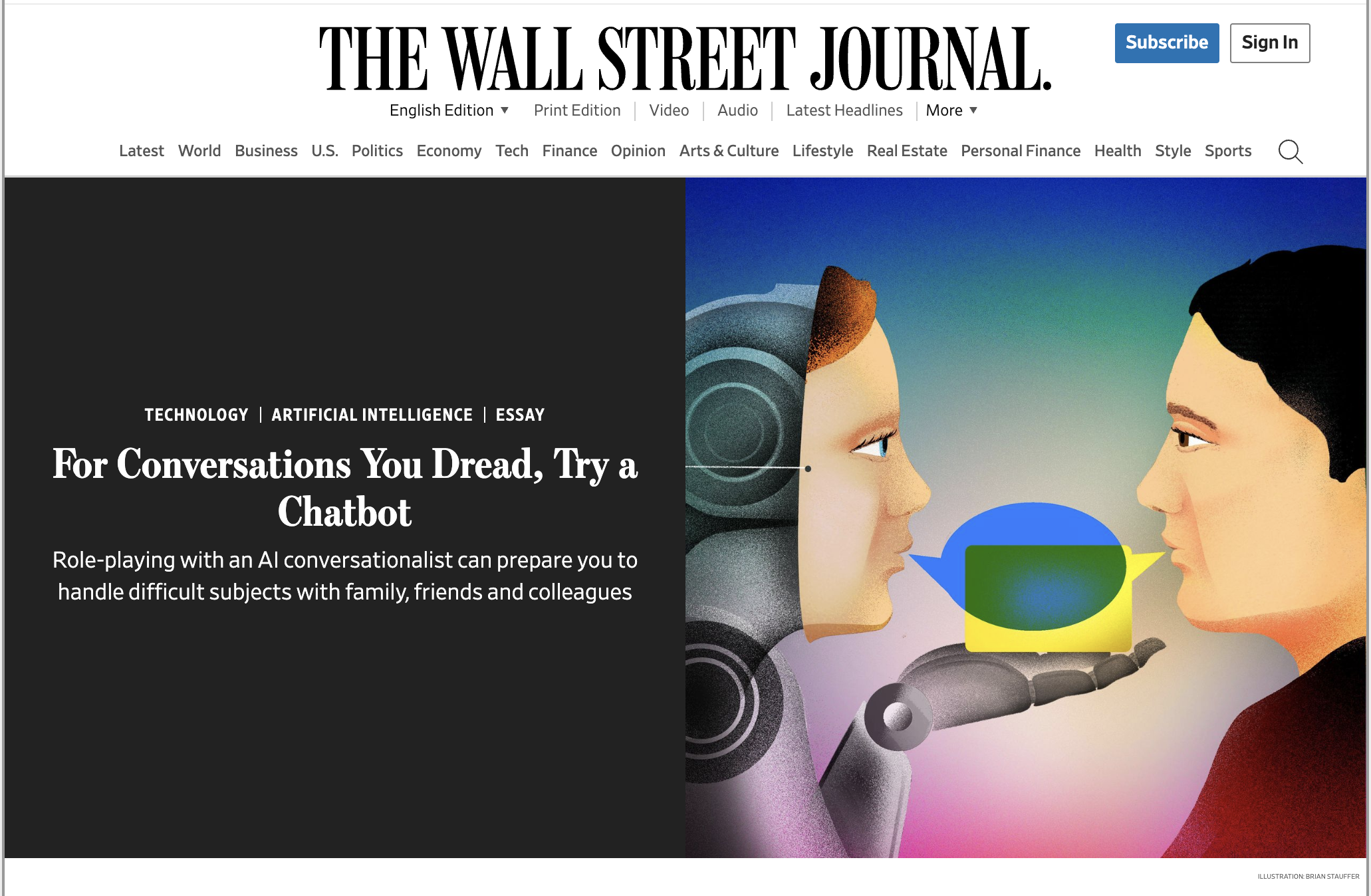Seek Feedback
Whenever you’re launching something new, the sooner you can get feedback from relevant stakeholders, the better. Often, that means sharing before you’re ready, which can be scary. And opening yourself up to feedback can be vulnerable. But the rewards are incredible.
Example from my own personal practice:
Earlier this week, I wanted to share a couple of pieces that touched on topics of race and gender. Needless to say, as a white male, I’ve got blind spots! Thankfully, I also have a community of practice where I can share early iterations of posts-in-need-of-perspective.
It was a little scary sharing early drafts in a semi-public venue, but wow! The end product was incredibly enhanced by the generous, insightful, and candid contributions of thoughtful collaborators with perspectives other than my own.
Actively soliciting contributions from others — whether when specifically dealing with issues beyond your span of perspective, as I was in this example, or otherwise — is a great way to reveal assumptions, challenge bias, and see possibility. After all, it’s often the outsiders who end up revolutionizing fields.
Related: Sharing Before You Feel Ready
Related: Embrace An Outsider’s Perspective
Click here to join over 7,847 creators & leaders who read Paint & Pipette each week
You know that moment when someone tells a story so perfectly out-of-step with the times that you laugh—then realize you're guilty of your own version? That's exactly what happened when Brice Challamel, Head of AI at Moderna, shared the origin of their company AI transformation mantra, "Don't be Fred".
Most organizations don’t fail at AI because of the tech. They fail because leaders reward critique over curiosity. Here’s how to flip the script before your next breakthrough dies in the room.
Much ink has been spilled about the plight of college graduates. Because of all the hand-wringing about entry-level positions disappearing and AI automation stealing opportunities, no one is saying the quiet part out loud:
No one wanted a "job" to begin with. In that sense, there's never been a better time to enter the job market.
Most companies get AI adoption wrong because they're trapped in "value capture" mode. Efficiency plays might deliver measurable ROI, but they’re essentially defensive moves, and defense alone doesn't put enough points on the board to win. The real competitive advantage comes from "value creation."
Last week, I ran an innovation workshop for the thousandth time. But this time felt different. Every time I noticed that familiar moment where teams hit cognitive quicksand—where I'd normally say "this is the hard part, push through it"—something clicked. This is exactly when AI should step in.
Everyone’s panicking about “AI glazing.” But what if it’s a feature, not a bug? The creative industry's most successful practitioners understand something the rest of us are missing.
I’ve been working on a radical new course at Stanford, which I’m excited to share more details on soon. In the meantime, sharing an early iteration of my thinking on the topic, in the form of my WSJ piece co-authored with the brilliant Kian Gohar.
This post marks my 200th edition of Methods of the Masters—and serves as a fitting bridge between my early focus on human creativity and more recent AI work. In an age of infinite AI inputs, our biology demands we cultivate equally intentional human disconnection strategies.
Special guest post by Brendan Boyle, one of Stanford’s most beloved professors, acclaimed toy inventor, and founder of IDEO’s Toy Lab. He’s taught me more about play than anyone other than my own children.










Cleverly deploying AI is not merely speeding up innovation—it's unlocking a fundamentally different relationship with the creative process. Here’s how to shift from operation, to orchestration.